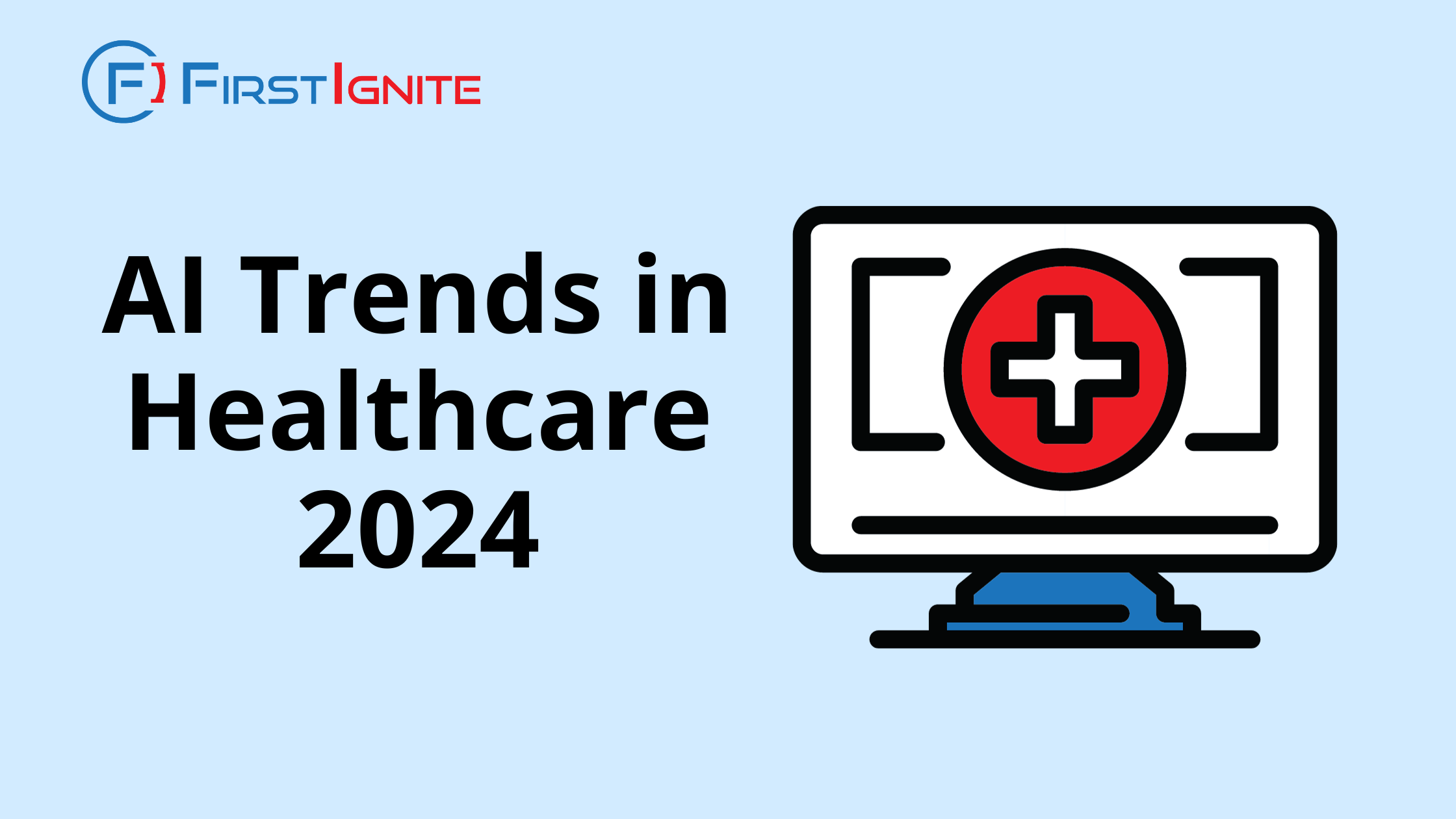
The Impact of AI in Healthcare
The impact of AI in healthcare has been profound, with numerous applications that benefit both patients and medical professionals. One of the most significant areas where AI is making a difference is in diagnostics. AI-powered algorithms can analyze medical images, such as X-rays and MRIs, with remarkable accuracy, helping doctors detect diseases at an early stage. This not only saves lives but also reduces the cost and time associated with misdiagnosis.
AI is also revolutionizing drug discovery and development. By analyzing vast amounts of data, AI algorithms can identify patterns and predict the efficacy of potential drugs. This enables pharmaceutical companies to streamline their research and development efforts, bringing new treatments to market faster and at a lower cost. Additionally, AI is being used to personalize medicine by analyzing a patient’s genetic information and tailoring treatments to their specific needs.
Healthcare Technology Trends for 2024
Looking ahead to 2024, we can expect several exciting healthcare technology trends that will shape the future of the industry. One such trend is the use of telemedicine and remote patient monitoring. With the advancements in AI and wearable devices, healthcare providers can remotely monitor patients’ vital signs and detect any anomalies in real-time. This not only improves patient outcomes but also reduces the burden on hospitals and clinics, allowing them to allocate resources more efficiently.
Another trend to watch out for is the integration of AI-powered chatbots and virtual assistants in healthcare settings. These intelligent virtual agents can assist patients with routine inquiries, schedule appointments, and provide personalized health advice. By automating these tasks, healthcare professionals can focus on more complex cases, resulting in improved patient care.
University Research on AI in Healthcare
Universities and research institutions are at the forefront of AI advancements in healthcare. These institutions are conducting groundbreaking research and developing innovative technologies that have the potential to transform the healthcare landscape. For example, researchers at the University of Florida are exploring the use of AI in radiology to improve the accuracy and efficiency of medical imaging interpretation. AI algorithms can analyze medical images and detect abnormalities with a level of accuracy that rivals or surpasses human experts.
The Future of Healthcare Technology
The future of healthcare technology looks promising, with AI playing a central role in driving innovation. One area that holds great potential is precision medicine. By combining AI with genomics, researchers can identify genetic markers that predispose individuals to certain diseases. This knowledge can then be used to develop targeted therapies that are more effective and have fewer side effects. Precision medicine has the potential to revolutionize treatment outcomes, providing patients with personalized care based on their unique genetic makeup.
Another area where AI is set to make a significant impact is in the field of robotic surgery. AI-powered surgical robots can assist surgeons in performing complex procedures with greater precision and accuracy. These robots can analyze real-time data, provide guidance to surgeons, and even perform certain tasks autonomously. This not only reduces the risk of human error but also enables minimally invasive surgeries, leading to faster recovery times and reduced hospital stays.
Conclusion: The Potential of AI in Revolutionizing Healthcare
The potential of AI in revolutionizing healthcare is immense. From improving diagnostics and drug discovery to enabling precision medicine and remote patient monitoring, AI is transforming the way healthcare is delivered. The healthcare technology trends for 2024 discussed in this article are just a glimpse of what the future holds. As AI continues to evolve and become more sophisticated, we can expect even greater advancements that will benefit patients, healthcare professionals, and society as a whole.




